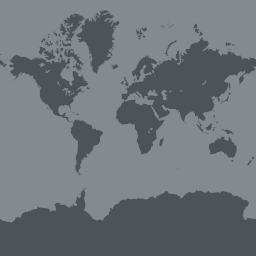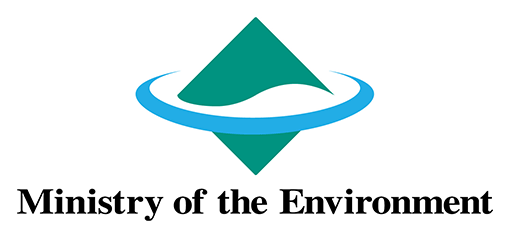Bionesia is a non-governmental organization that works to promote and protect Indonesian biodiversity. This project will leverage the NGO's extensive experience with environmental DNA to enrich an existing database on 2,000 fish species found in Eastern Indonesia's coral reefs in order to characterize marine biodiversity and identify indicator taxa that can represent healthy ocean conditions in eastern Indonesia. The sampling sites are marine protected areas relatively far from human civilization and therefore ideal for performing this project.
The project's combined activities will contribute to regional education, research and marine conservation. The preparation of a comprehensive list of the groups using eDNA metabarcoding and development of a practical field guidebook on collecting and analyzing eDNA data for research will support training for conservationists.
Project progress
At final reporting the project achieved its designated goal of conducting Biodiversity monitoring using eDNA metabarcoding across areas with untapped biodiversity Savu Sea, Indonesia.
The project collected 20 seawater samples and identified more than 2,000 microbial taxa and published this data to GBIF in it’s 'eDNA-Metabarcoding' dataset. The research efforts being reported as probably the first that have been done in the areas with ability of accumulating microbial taxa information important for biodiversity to manage and inform the local manager and government institution.
During project implementation the project held several different workshops and meetings about eDNA metabarcoding and GBIF. These have included a field training and workshop held in two different institutions as a way to expose early researchers to eDNA metabarcoding; these events were held in the MERO foundation, Bali, and the University Diponegoro in Semarang, Central Java, and engaged 40 people in total ranging from students to early researchers. In January 2023, the project also held a ‘Data management in eDNA research’ webinar which focussd on explaining the challenges with eDNA research and potential for the solution.
Other activities undertaken by the project have included writing drafts, in Bahasa Indonesia, of a data analysis and sampling protocol that will help other researchers to perform eDNA metabarcoding research in marine field. Another achievement during the project includes two project members having participated in the BIFA enhancement workshop and gaining certification.
During the first phase of project implementation the genetic marker for the project was changed due to technical problems; instead of using Elamosbarch specific markers, the project has used metazoan COI universal metabarcoding marker to collect as much as possible marine biodiversity. During implementation the project also changed its focus from building a shark database into microbial community focus project, which resulted at midterm reporting a change of project title from ‘Sharing eDNA data on sharks to advance conservation’ to ‘Biodiversity monitoring using eDNA metabarcoding in the Savu Sea, Indonesia’.
Post project the team envisage continuing its data publishing activities, as well as continuing to expose project results and GBIF to the larger research community Indonesian wide. In addition, to collaborate with and provide opportunities to facilitate collaboration, with new and existing eDNA users.


